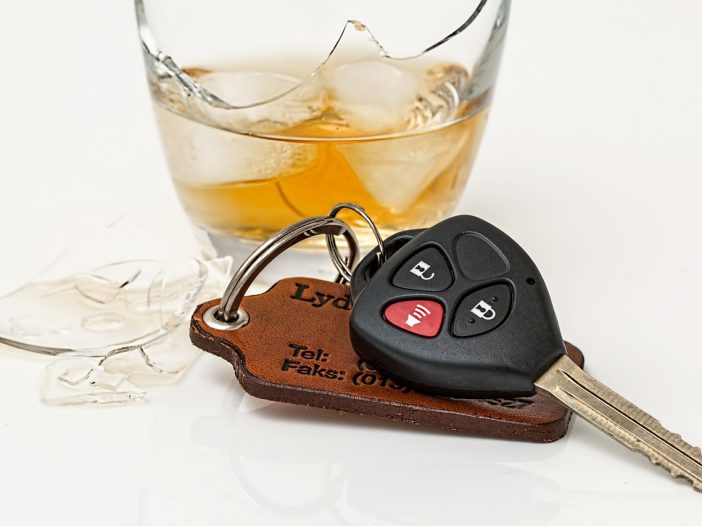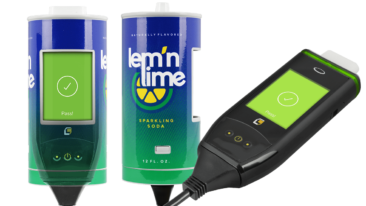
States use a variety of laws and tools to help discourage alcohol-impaired driving and prevent the injuries, deaths, and damage to property that it causes. One of the most effective tools is the ignition interlock device. While IIDs were initially reserved for certain cases, today they have become more common and many states have begun to require them for even first-time DUI offenses. All states have some sort of law that requires the installation of an IID for a drunk driving conviction, and all judges can order the use of a car breathalyzer at their own discretion.
Ignition interlock devices have become invaluable in further discouraging drunk driving accidents. However, most people don’t know that you don’t need to be charged with a DUI to get a breathalyzer installed. In fact, you can voluntarily install an ignition interlock device in any car you own. Let’s take a look at why you might and the benefits of using a voluntary breathalyzer.
How Ignition Interlock Devices Work
Ignition interlock devices connect to your car’s ignition system and require you to submit a breath sample before you can start your car. If the breath sample shows a blood alcohol concentration that is higher than the limit that has been programmed into the device, your car won’t start, and you won’t be able to start your car until you submit a clean breath sample. Some devices will force you to wait several minutes before you can submit another sample.
Along with an initial breath sample, ignition interlock devices will require random samples throughout your drive. These are known as rolling retests and are a means of making sure that someone else didn’t breathe into the device for you. If you don’t submit a clean sample or don’t breathe into the device within a certain amount of time, the breathalyzer issue a warning to turn off the vehicle and may even set off an alarm until you turn off your car or submit a clean sample.
Normally, the device logs all events, so if you don’t provide a clean sample or are found tampering with the device, the monitoring authorities will eventually find out and punish you with fines, license revocations, or extended IID periods. With a voluntary ignition interlock, you generally don’t have to worry about that type of monitoring.
Why Get a Voluntary Car Breathalyzer?
So if it’s not required by a court of law, why would you voluntarily install an ignition interlock device in your car?
Possible Insurance Breaks
Some insurance companies offer discounts and deals if you voluntarily install an ignition interlock device, especially for young drivers, who are statistically more likely to get into accidents. Insurance companies will gladly reward parents with discounted rates for taking proactive steps to keep their kids from drinking and driving. This not only protects your kids from driving under the influence and potentially causing some serious harm, but also protects the insurance company from the potential costs of a car accident.
Employee Liability
Employers may install ignition interlock devices in any company vehicles. Although the legal BAC limit is 0.08 throughout the United States, commercial drivers often have an even lower BAC limit of 0.04. Alcohol is a potent depressant. Just a small lfraction of alcohol in your system may have an effect on your hand-eye coordination, judgment, and multi-tasking abilities. With that in mind, most employers don’t want their drivers behind the wheel with any amount of alcohol in their systems. Installing ignition interlock devices can keep employees safe and help employers avoid any legal action or liabilities that may come up in the event of an alcohol-induced accident.
Preventing Bad Decisions
Most people are unable to gauge how drunk they actually are. Regardless how well you think you “hold your liquor,” your body and actions probably show otherwise. In fact, alcohol impairs your own ability to judge how impaired you are. An ignition interlock device could be that extra bit of protection that you need to keep yourself from driving after a night of partying.
However, if you are constantly thinking it’s okay to drink and drive, a voluntary ignition interlock device may be the first steps to addressing an underlying issue. If you are already in a recovery program, an ignition interlock device can act as a recovery aid to support you when you are trying to stay sober.
Sources:
– https://www.dmv.org/automotive-law/dui/ignition-interlock-device.php

